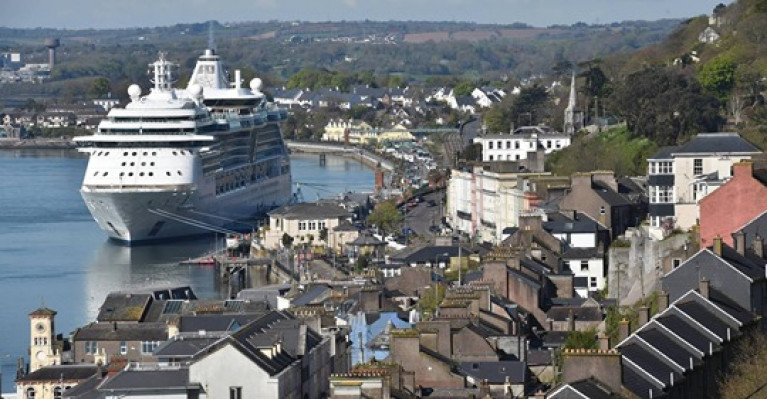Displaying items by tag: Cruise Fallout
Cruise Industry in Ireland Will Not Recover Until 2023
Visits to Ireland by cruise liners are unlikely to recover fully until 2023, which will lead to a major drop in tourism revenue for towns such as Cobh.
The town in Cork Harbour was due to host 105 liner visits this year and a further 110 liners were booked to tie up there in 2021. However, the Covid-19 pandemic has hit cruise line companies hard and a Government ban on all liner visits to ports remains in place, although some companies are running cruises off the Irish coast.
The chairman of an umbrella body which represents 140 European ports dealing with cruise liners has said if the ban was lifted he could see some smaller liners visiting the country before the end of the year.
Captain Michael McCarthy, chairman of Cruise Europe, said the Irish economy would lose an estimated €60m per year from cruise liner tourism if the ban is not lifted.
More on this Irish Examiner story here.
Only one ship visited the Port of Cork this season Afloat.ie adds when Saga Sapphire in mid-March berthed at Ringaskiddy though with concern of Covid-19 but cruisegoers were given a clean bill of health.






























































